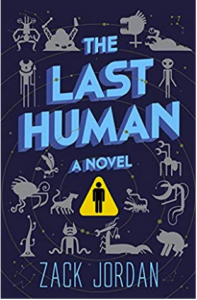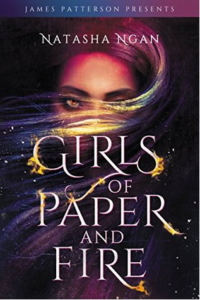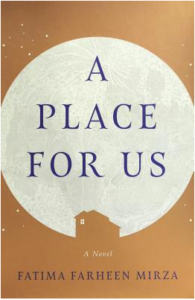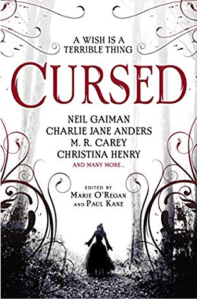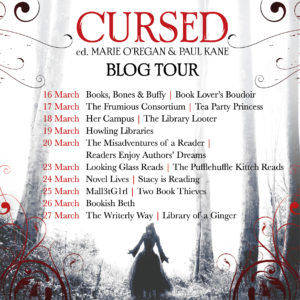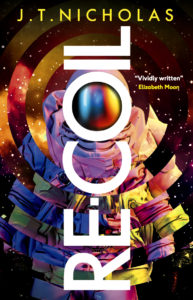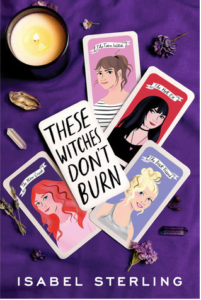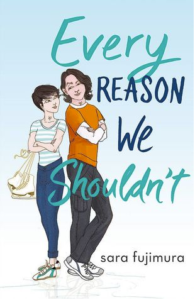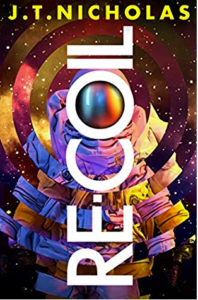In the early 2000s, I am led to understand, the editors of the Süddeutsche Zeitung found that the paper had more printing capacity than was being used to put out the daily news. One way to set that capacity to productive use was with a foray into book publishing. The newspaper’s staff put together a list of 50 great novels of the 20th century, offered them in attractive editions at an attractive price (initially €4.90 for a hardback) and released them at a rate of one per week for the better part of a year. The list was a good one, and one of the cleverest things that the editors did was to select 50 great ones rather than attempt to agree on the 50 greatest. There were also some glaring gaps on the list, which made it good for arguing. I’ve read around 35 of them by now, although some, e.g., The Great Gatsby, I read long ago and in English.
The project must also have been a financial success because the Süddeutsche followed it with selections of children’s books, mysteries, a second set of 50 great novels of the 20th century, books that represent great cities of the world, and the series of 20 books to which Salz im Blut belongs: München erlesen. The phrase means “Selected Munich” and it carries connotations of a sommelier selecting a fine vintage. Salz im Blut is the seventh in the collection that I have begun, again by the unedifying principle of generally shortest to longest. (It may be quite a while before I get to the second volume in the set, Lion Feuchtwanger’s 878-page Erfolg.)
The jacket copy for Salz im Blut (Salt in the Blood) sounds promising, “Munich in the seventies and eighties from the unusual perspective of the ethnology student Erich Nachleger … On only supposedly known territory, he remains a discoverer, adding observations from the subculture and found bits of the past to the official picture of Munich.” Freddie Mercury loved the Munich of the 1970s, Dire Straits sang about the city’s gay underground in “Les Boys.” Given the long shadow of the 1930s and 1940s, though, the later decades are not a period often seen in writing about the city. Salz im Blut ought to be an engrossing, engaging entry into the era.
And yet. The first time I started the book, I got to page 30 or so and set it down in favor of something speedier. I picked it up and couldn’t remember who was who or what was what, so I started again from the beginning, which wasn’t all that many pages away. This time I have gotten to page 44. I set it down about three weeks ago, and now I only have vague notions of various people passing through its pages. I am reasonably sure that Erich Nachleger is the narrator, but I couldn’t tell anyone much about him at all, except that he doesn’t use dialog, writes in paragraphs that each tend to be two or three pages long, and has a thing about a weird post-WWII notion to relocate Munich entirely instead of rebuilding it. It’s not so much that I don’t care what happens to these people, it’s that I have no idea who these people are at all anymore.
Maybe later in the book there is a brilliant portrait of the city as a collection of young hedonists. Maybe Neumeister’s vision is so singular as to reward wading through the undifferentiated prose. Maybe this is a hidden gem that can only really be appreciated looking back at the whole work. I have no idea. I do know that it’s not a book for me, not now, not after two tries. The other five in the München erlesen set that I have recently read (I read the Thomas Mann book when the series was first published) all interested me much more than Salz im Blut.


